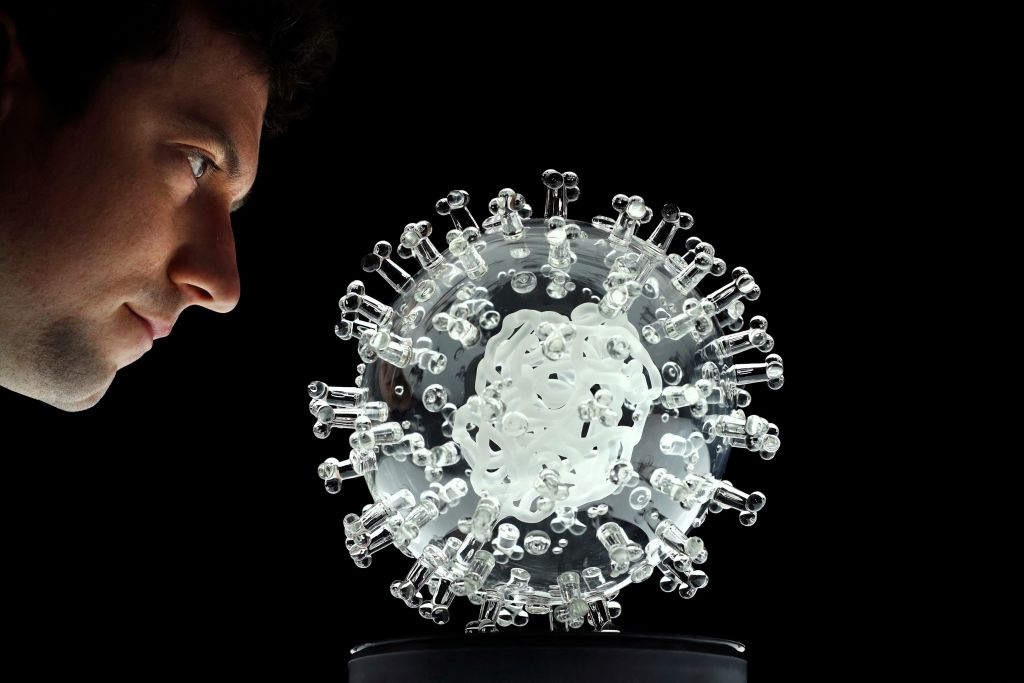California Becomes First State to Ban Four Harmful Food Additives Linked to Health Issues
In a groundbreaking move, California has become the first state to ban four potentially dangerous food and drink additives. The ban comes as a measure to boost food safety and protect consumers from the health risks associated with these compounds. Many other countries around the world have already outlawed these ingredients due to their connection to various illnesses, including cancer.
The newly signed California Food Safety Act, by Governor Gavin Newsom, prohibits the use of brominated vegetable oil, potassium bromate, propylparaben, and red color 3 in food and beverages. These additives are commonly found in products such as candies, fruit drinks, and biscuits. However, supporters of the law clarify that popular items will still be available to consumers, as businesses will need to reformulate their recipes using healthier alternatives.
The ban is set to take effect in 2027, allowing ample time for companies to make the necessary changes to their products. This move aims to ensure that Californians can continue to enjoy their favorite food and beverage items with greater confidence in their safety.
So, what makes these food chemicals harmful? Each of the four additives serves a specific purpose, such as improving food appearance and shelf life. For example, red dye No. 3 is used to provide a vibrant color to foods and medications, but it has been banned by the FDA in cosmetics due to its link to cancer in animal studies. Research has also indicated a potential link between artificial food dyes and behavioral issues in children, such as hyperactivity.
Potassium bromate, an ingredient used to increase bread rise, has also been found to be connected to cancer in animal studies. Brominated vegetable oil, commonly used as an emulsifier in citrus beverages, has been linked to behavioral and reproductive difficulties in lab animals, along with other health disorders. And propylparaben, an endocrine disruptor, is a preservative found in food and cosmetics that is thought to mimic estrogen.
While health experts support California’s ban on these additives, food manufacturers have expressed concerns about the patchwork of state and FDA food regulations. They fear that this ban will lead to confusion and increase food costs. The National Confectioners Association (NCA) has criticized the decision, stating that it is based on soundbites rather than science. The NCA warns that this measure could damage consumer confidence and result in higher food prices.
Interestingly, similar legislation has been introduced in the New York Legislature. Assembly Bill A6424 focuses on the same four food chemicals banned by California, along with titanium dioxide. Some major brands, such as Coca-Cola, Pepsi, Gatorade, and Panera, have already voluntarily removed these ingredients due to health concerns. However, other food manufacturers still use them in their products.
California’s move to ban these harmful food additives sets a precedent for other states and countries to prioritize consumer safety. With growing concerns about the potential health risks associated with certain food ingredients, it becomes crucial for regulators and businesses to prioritize the well-being of consumers. By taking this bold step, California aims to protect its residents and inspire others to follow suit in creating a safer food environment.
Read Also: COVID-19 Can Trigger Autoimmune Diseases, Warns Korean Study
ⓒ 2023 TECHTIMES.com All rights reserved. Do not reproduce without permission.

I have over 10 years of experience in the cryptocurrency industry and I have been on the list of the top authors on LinkedIn for the past 5 years. I have a wealth of knowledge to share with my readers, and my goal is to help them navigate the ever-changing world of cryptocurrencies.




